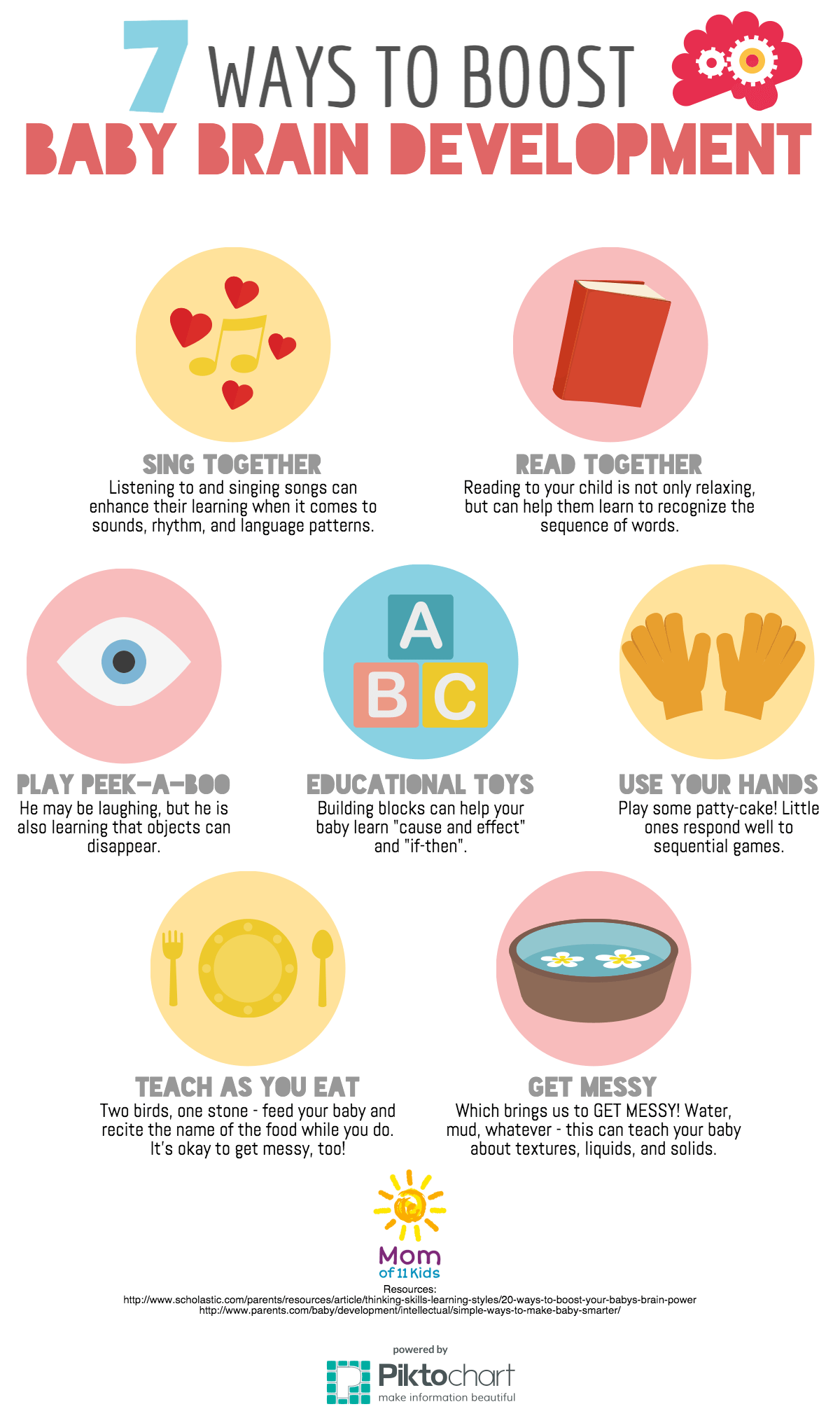 Source: bing.com
Source: bing.comWith the increasing use of technology, screen time has become an integral part of our lives. However, it is important to consider the impact of screen time on our little ones’ developing brains. In this article, we will explore the relationship between screen time and baby brain development.
Table of Contents
What is Screen Time?
Screen time refers to the amount of time spent using electronic devices such as smartphones, tablets, computers, televisions, and video game consoles. While technology has become an important part of our daily lives, excessive screen time can have a negative impact on our health and well-being.
Baby Brain Development: How It Works
During the first few years of life, a baby’s brain undergoes significant development. The brain cells, or neurons, are forming connections with each other, which will help the baby learn, communicate and understand the world around them. This process is known as neuroplasticity.
At this stage, the brain is highly sensitive to the environment and experiences. The stimulation provided by the environment helps the brain create new connections, strengthening the existing ones. The experiences a baby has in the early years lay the foundation for their future development and well-being.
The Impact of Screen Time on Baby Brain Development
Research suggests that excessive screen time can have a negative impact on a baby’s developing brain. Screen time can disrupt the natural process of brain development and affect the baby’s ability to learn, communicate and socialize.
Studies suggest that screen time can lead to a delay in language development, attention problems, and behavioral issues. Furthermore, excessive screen time has been associated with sleep problems, obesity, and poor academic performance.
How Much Screen Time is Too Much?
The American Academy of Pediatrics recommends no screen time for babies under 18 months and limited screen time for toddlers aged 18-24 months. For children aged 2-5 years, screen time should be limited to one hour per day of high-quality programming.
It is important to remember that screen time is not a substitute for physical activity, face-to-face interactions, and playtime. Parents need to monitor their child’s screen time and ensure that it does not interfere with their development.
What Can Parents Do?
Parents can take several steps to minimize the impact of screen time on their child’s developing brain. Here are some tips:
- Keep screen time to a minimum
- Choose high-quality programming that is age-appropriate
- Watch and discuss programs with your child to promote learning and interaction
- Encourage physical activity, playtime, and face-to-face interactions
- Set limits and create a screen-free routine
Conclusion
Screen time can have a negative impact on a baby’s developing brain. Parents need to be mindful of the amount of screen time their child is exposed to and take steps to minimize its impact. By following the guidelines set by the American Academy of Pediatrics and encouraging physical activity, playtime, and face-to-face interactions, parents can help their child develop a healthy brain and a strong foundation for the future.
Frequently Asked Questions
Q: Can babies watch TV?
A: The American Academy of Pediatrics recommends no screen time for babies under 18 months and limited screen time for toddlers aged 18-24 months. For children aged 2-5 years, screen time should be limited to one hour per day of high-quality programming.
Q: How does screen time affect a baby’s brain development?
A: Excessive screen time can disrupt the natural process of brain development and affect the baby’s ability to learn, communicate and socialize. Screen time has been associated with a delay in language development, attention problems, and behavioral issues.
Q: How can parents minimize the impact of screen time on their child’s developing brain?
A: Parents can minimize the impact of screen time by keeping it to a minimum, choosing high-quality programming that is age-appropriate, promoting learning and interaction, encouraging physical activity and playtime, and setting limits and creating a screen-free routine.
Q: What are the long-term effects of excessive screen time on a baby’s brain development?
A: Excessive screen time has been associated with sleep problems, obesity, poor academic performance, and a delay in language development, attention problems, and behavioral issues.
Q: Is all screen time bad for babies?
A: No, not all screen time is bad for babies. High-quality programming that is age-appropriate and watched with parents or caregivers can promote learning and interaction.
